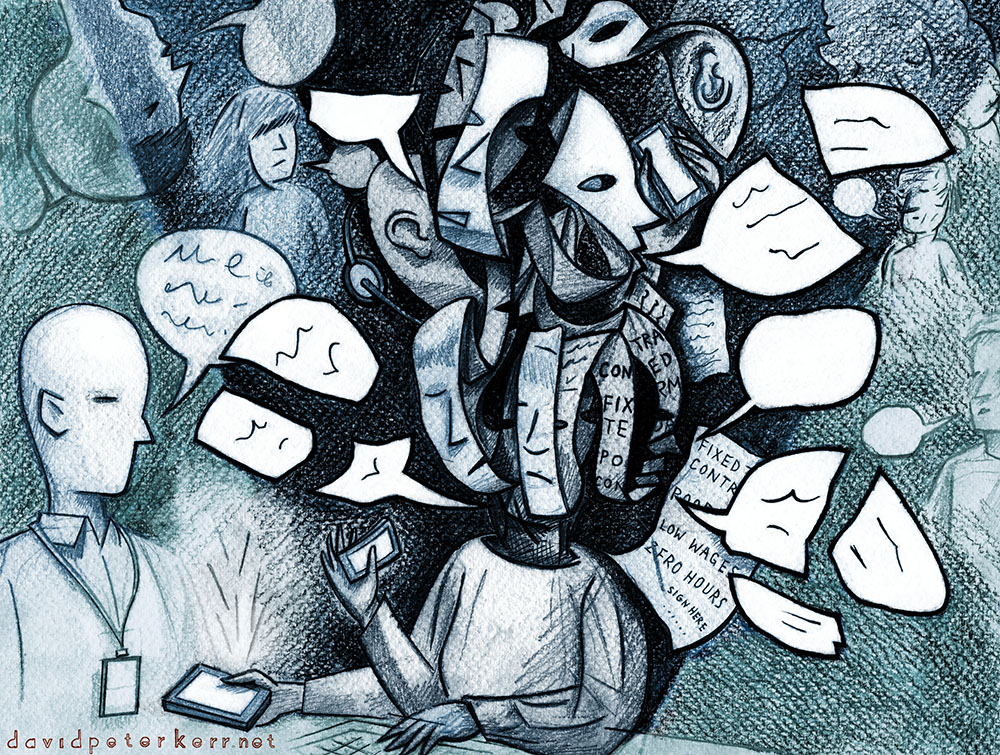Linguistic diversity and vulnerability in social work in the era of digitalisation
The SOSKIELI research project brings together a multidisciplinary team of researchers to examine linguistic diversity and new vulnerability regimes in a diversifying and digitalising social work context. Drawing on methods of co-creative research, the aim is to advance linguistic justice based social work theory, research and practices through the empirical lens of four categories of non-native speaking service users: families with nondisabled and disabled children, young people and elderly.


Linguistic diversity and vulnerability in social work in the era of digitalisation
The SOSKIELI research project brings together a multidisciplinary team of researchers to examine linguistic diversity and new vulnerability regimes in a diversifying and digitalising social work context. Drawing on methods of co-creative research, the aim is to advance linguistic justice based social work theory, research and practices through the empirical lens of four categories of non-native speaking service users: families with nondisabled and disabled children, young people and elderly.
Time
1.11.2021–31.12.2023
Project coordinator
Åbo Akademi
Project partner
University of Helsinki
Funded by
The Ministry of Social Affairs and Health
Our blog
Institutional trust and accessibility of public services for other-language-speaking families
In this article, we look at trust of other language families in public services and the accessibility of public services for other language service users. We also look at the issue of languages and language skills in social work and public services more generally.
Online services are challenging for people in linguistically vulnerable situations
The digitalisation of public services has taken a big step forward, especially during the coronavirus pandemic. Many authorities are encouraging service users to deal with their matters primarily digitally.
Becoming ignored and silenced: sore points and solutions for multilingual public services
As practitioners in social services, third sector representatives and researchers, we have seen how language-related vulnerability can lead to unsustainable situations in welfare services.
The ageing population, welfare services and community-organisational cooperation: where does the shoe pinch?
People are moving from one country to another more and more for different reasons. As a result of migration, the Finnish population is becoming more diverse. These changes are also reflected in the ageing population.
Characteristics and prerequisites for successful public service interpreting in social work
The blog post discusses the features and prerequisites for successful public service interpreting in social work. It is based on both research findings and practice experiences.


